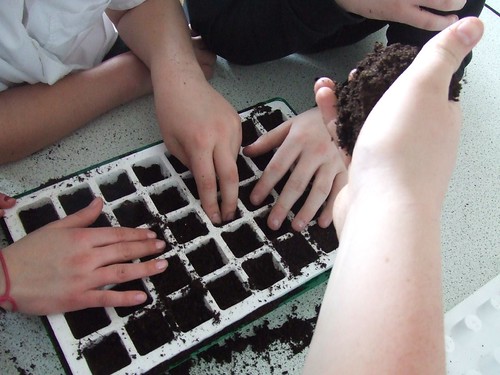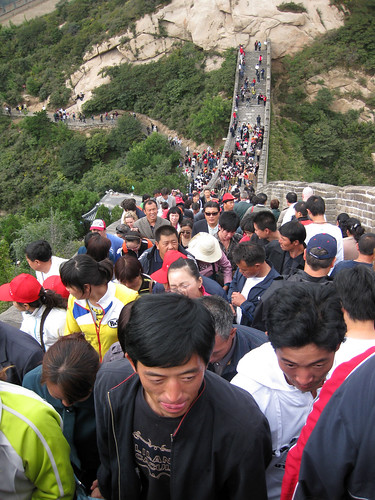 Image via Wikipedia
Image via WikipediaI'm pretty sure they must be - they just don't go in for all that messy responding stuff. Shame.
But, that said, when you run out of patience in waiting for a response via social media and take up an issue with the applecare team, it may take a number of calls and emails, a little time and effort, but the guys at the other end of the phone do make you feel like they are on YOUR side. Which is nice.
I won't bore you with how we ended up with Apple agreeing to send me a nice pink shuffle ( I reckon my four-year-old daughter is ready for her first ipod, she certainly thinks she is) and a very fetching Ted Baker leather case for my iphone, but they did - and they have.
And they've followed up to make sure they have arrived.
And now I'm feeling all warm about Apple again - particularly as the shuffle has worked so brilliantly with my pc this evening as I stack it up with High School Musical tracks... (I wish my iphone worked as well with my pc!)
So, thank you apple. But really this is a thank you to a human being, who by their human interactions has given me a new faith in apple. Thank you Sean Granville.
Roughly £70 worth of goods and a quality customer service experience has turned me from someone who may well never have bought another Apple product ever to someone who is likely to carry on cluttering their home with apple prods ad infinitum. Not just me, but now my daughter too.
You cannot place too high a value on human interaction!

![Reblog this post [with Zemanta]](http://img.zemanta.com/reblog_e.png?x-id=5cce70b2-dcc4-4ce6-8592-e7717b6ee6a8)








![Reblog this post [with Zemanta]](http://img.zemanta.com/reblog_e.png?x-id=1ee4076d-e8b7-4613-b7fa-49e4808fed3e)
![Reblog this post [with Zemanta]](http://img.zemanta.com/reblog_e.png?x-id=effe43ba-7e0b-4370-b744-bb30b0806f6c)

![Reblog this post [with Zemanta]](http://img.zemanta.com/reblog_e.png?x-id=85353348-08c3-40a5-8c96-620f88fdac36)

![Reblog this post [with Zemanta]](http://img.zemanta.com/reblog_e.png?x-id=bfd25eba-ddfa-4c66-9ac0-531c0b5a7da0)